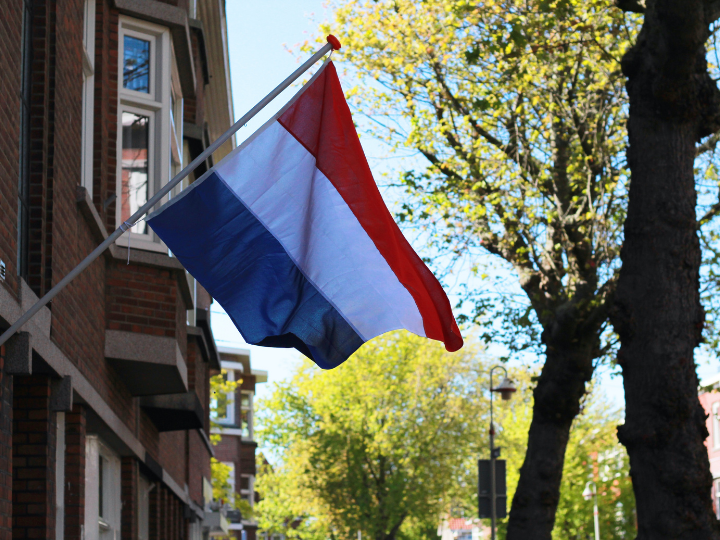Nicknamed “Teflon Mark” for surviving scandals that hit his four governments, the centre-right leader said he would bow out after elections triggered by the collapse of his coalition in a row over asylum policy.
The European Union’s second-longest-serving leader after Hungary’s Viktor Orban was widely expected to seek a fifth term in the elections this autumn, but stunned MPs with his surprise announcement.
“I feel OK, but of course, it is a significant moment for me personally,” Rutte, 56, told AFP after leaving parliament.
The bike-riding, frugal-living premier had steered the Netherlands through economic upheaval and the Covid pandemic since 2010, relying on a “Mr Normal” image to appeal to voters.
He was also a European stalwart, who infuriated some southern countries with his hard line on bailouts but won support for his backing of Ukraine.
‘Pass the baton’
The four-party coalition government collapsed on Friday over Rutte’s plans to cut numbers of family members from war zones who are allowed to reunite with asylum-seekers in the Netherlands.
The ChristenUnie — a Christian Democratic party — and the centre-left Democracy 66 had strongly opposed Rutte’s plan.
Rutte, who passed Ruud Lubbers last August to become the longest-serving Dutch PM, is staying on as caretaker premier until a new government is formed. He is due to mark 13 years in office in October.
“I would like to say something personal. There has been speculation over the past few days about what motivates me. The only answer is the Netherlands,” Rutte said during a parliamentary debate on the fall of the coalition.
“Yesterday morning, I took the decision that I am no longer suitable to be the new leader of the VVD (his party). When the new government is sworn in after the elections, I will quit politics.”
He later told reporters: “This is not entirely without emotion… But it feels good to pass the baton.”
Rutte “blew up his own government in the hope — in my opinion, and I am not the only one — that early elections would go well for his VVD liberal party and also for himself,” said social scientist Hans Boutellier, professor at Vrije Universiteit Amsterdam.
“And I think — but it’s a bit of a guess of course — that he was actually blamed too much,” he told AFP.
Politicians from all sides paid tribute but were already eyeing the post-Rutte era, with a protest party of Dutch farmers, in particular, hoping to repeat their recent success in senate elections.
The farmers have held months of rowdy rallies against plans to cut livestock numbers and maybe close some farms to meet environmental targets.
‘Very surprised’
The Farmer-Citizen Movement (BBB)’s leader Caroline van der Plas told AFP she was “very surprised” by Rutte’s decision but that it was “very wise”.
She said she was “not sure yet” if she wanted to serve as prime minister but the “good news for the Netherlands is that a new policy will be made”.
Dutch lawmakers applauded after far-right leader Geert Wilders, Rutte’s long-term rival, praised him in parliament, saying: “Your choices were not ours, but you made them with conviction.”
Opposition parties scrapped a planned no-confidence motion that would have toppled Rutte as caretaker premier.
Foreign Minister Wopke Hoekstra, who said he was also stepping down as head of the CDA, one of the parties in the fallen coalition, said he had an “incredible amount of respect” for Rutte.
He later tweeted a meme involving the comic character Tintin, saying “What a week huh”, with the reply, “It’s only Monday morning.”
There are no obvious successors in Rutte’s own party, which announced it would choose a candidate this week ahead of the elections, which are likely to be in mid-November.
Turkish-born Justice Minister Dilan Yesilgoz and VVD parliamentary group leader Sophie Hermans, a former assistant to Rutte, are among the frontrunners, broadcaster RTL said.
Rutte meanwhile has been tipped for the top jobs at NATO or the European Council.
But he indicated he would continue his work as a part-time teacher instead. “Maybe I’ll do that for a few days,” he told reporters.
*first published in: Euractiv.com




 By: N. Peter Kramer
By: N. Peter Kramer

